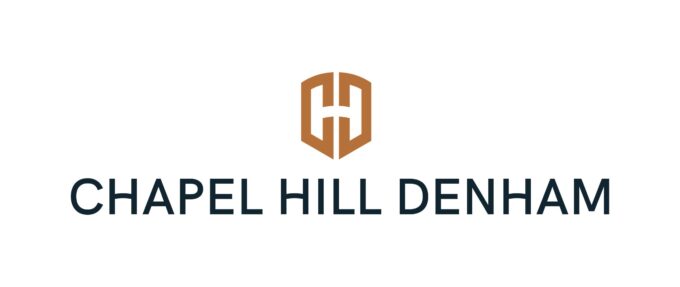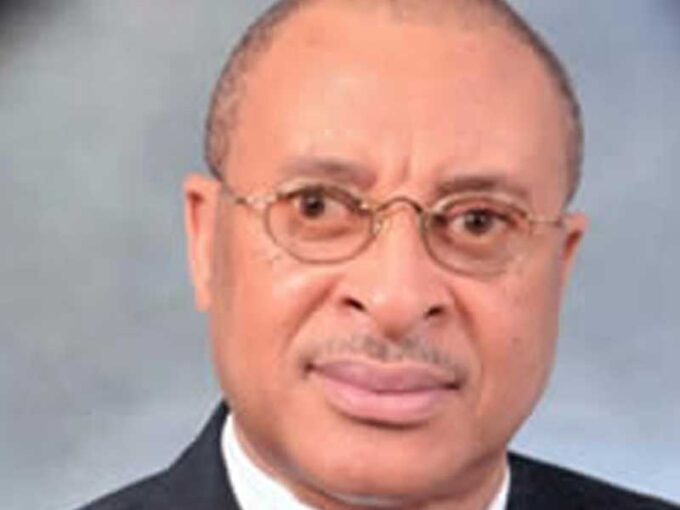Yinka Kolawole in Osogbo
The Chairman of the Federal Inland Revenue Service (FIRS) has said Nigeria can no longer rely on volatile oil revenues or foreign loans to fund development.
He said the country must design a tax system that is broad-based, technology-enabled and trusted by citizens, as the country’s revenue challenge is not merely about the numbers but structure, mindset and execution.
Adedeji, who delivered the maiden edition of the Distinguished Lecture Series of the University of Ilesa, Osun State, explained that revenue diversification is no longer a policy preference but a national imperative.
Speaking on the topic ‘Economic Resilience in an Era of Dwindling Revenue,’ the FIRS boss said it was important to restructure the productive base of the economy away from crude oil and embrace a system with multiple engines of growth in agro-processing, the digital economy, the creative industry, and solid minerals, among others.
A statement by his Special Adviser on Media, Dare Adekanmbi, quoted the FIRS chairman as saying, “We have made some gains, but resilience demands more than marginal improvements. It requires structural change, bold reforms and unwavering commitment to fiscal sustainability.
“The first pillar is the need to generate more revenue from within fairly, efficiently, and sustainably. Nigeria cannot continue to depend on volatile oil revenues or foreign loans to fund development.
“We must build a tax system that reflects the actual size and structure of our economy. This requires moving beyond a narrow band of large, formal companies and capturing economic activities in the informal sector, the digital economy, and high-net-worth individuals who remain outside the tax net.
“It also involves closing compliance gaps through stronger enforcement, simplified procedures, and better taxpayer education. With digital innovations like TaxPro Max, e-Tax Clearance Certificate, and tax intelligence, FIRS is already leading the way in automating compliance and making tax administration smarter and more data-driven. Domestic revenue mobilisation is not just a fiscal task; it is a nation-building strategy,” Adedeji said.
He noted that FIRS, as the nation’s central tax authority, was already helping Nigeria transition from vulnerability to strength.
“FIRS is not just a tax collector. It is a strategic institution at the heart of Nigeria’s fiscal sustainability agenda, and it is undergoing one of the most profound transformations in its history.
“To rebuild public trust in the tax system, we are modernising not just our systems but also our mindset and culture towards greater professionalism, integrity and service orientation.
“FIRS is not waiting for resilience to be handed to it. We are building it from the ground up. Through automation, legal reforms, multi-level collaboration, and institutional renewal, we are laying the fiscal foundation for a Nigeria that can weather storms, adapt to change and grow sustainably,” he added.
Speaking earlier, the Vice-Chancellor of the institution, Professor Taiwo Asaolu, said the two-year-old institution aims to use the public lecture as a platform for discourse on pressing global and national issues, while seeking sustainable solutions to the nation’s economic challenges.T

















Leave a comment